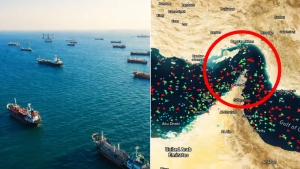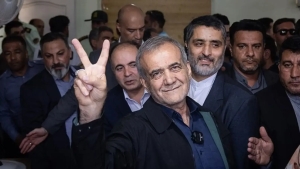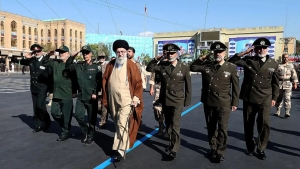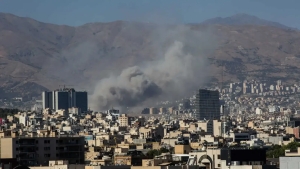Russian language is developing in Russia and Tajikistan
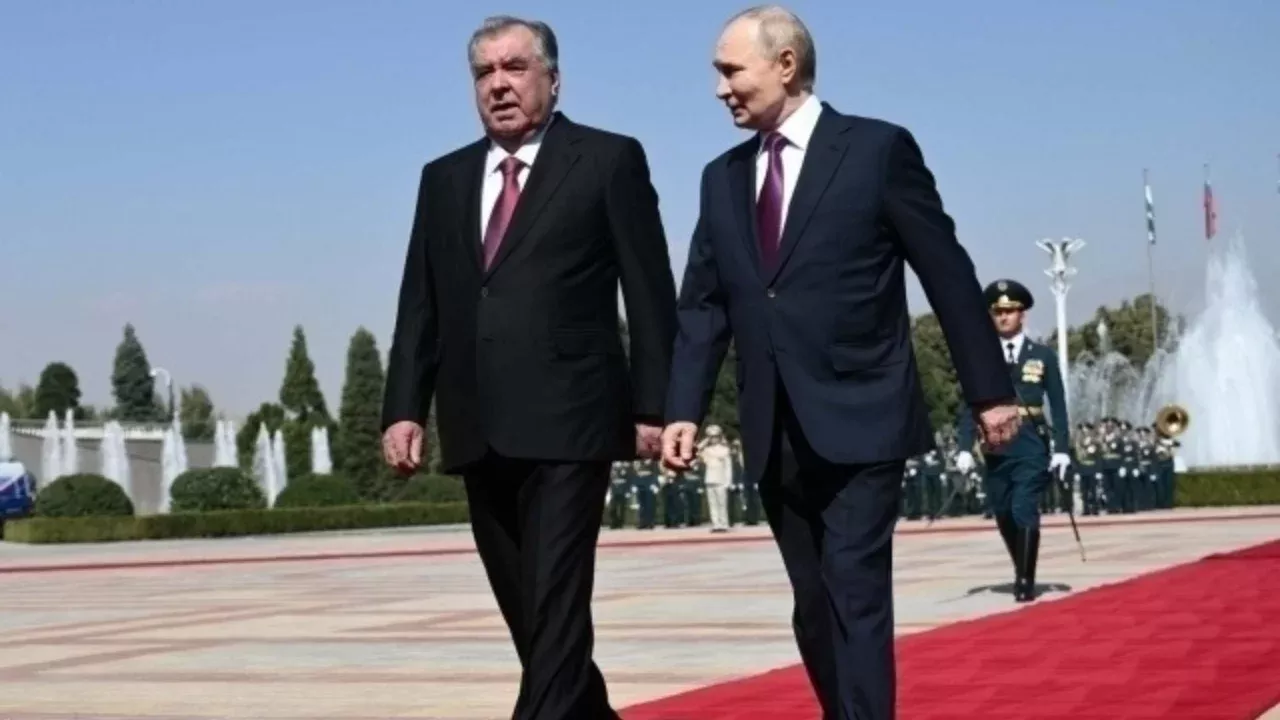
Strategic cooperation between Russia and Tajikistan is reaching a new level. This was reported by Zamin.uz.
At the conclusion of negotiations held in Moscow on October 9, Russian President Vladimir Putin expressed sincere gratitude to Tajikistan's leader Imomali Rahmon for the significant attention and support given to the Russian language in the country. According to Putin, the Russian language holds constitutional status as an interethnic communication language in Tajikistan, and the republic's president pays special attention to this matter.
Currently, there are schools operating in Dushanbe and other cities based on five Russian-language education programs, where approximately 5,700 children receive education according to Russian educational standards. In addition, under the "Russian Teacher Abroad" program, over one hundred educators were sent to Tajikistan last year.
These specialists, together with local teachers, contribute to improving the quality of education and deepening the teaching of the Russian language. Interest in the Russian language is also increasing in higher education institutions.
At present, about 35,000 students are studying at branches of Russian universities in Tajikistan, the Russia-Tajikistan Slavic University, as well as at universities in Russia. As Putin emphasized, Tajikistan is one of the CIS countries receiving the most scholarships from Russia.
Every year, a thousand state grants are allocated for Tajik youth, which is one of the highest figures in the region. Russia's assistance in the field of education continues beyond this as well.
An international education center for gifted children is being established in Dushanbe. Additionally, with Russia's support, a new building for the state Russian drama theater named after the famous poet Vladimir Mayakovsky is under construction.
Experts believe that such initiatives further strengthen cultural and educational ties between the two countries. Preserving the status of the Russian language in Tajikistan is important not only in education but also in economic and interpersonal cooperation.
Thus, the meeting in Moscow will find its place in history not only as a political event but also as a symbol of cultural friendship.


